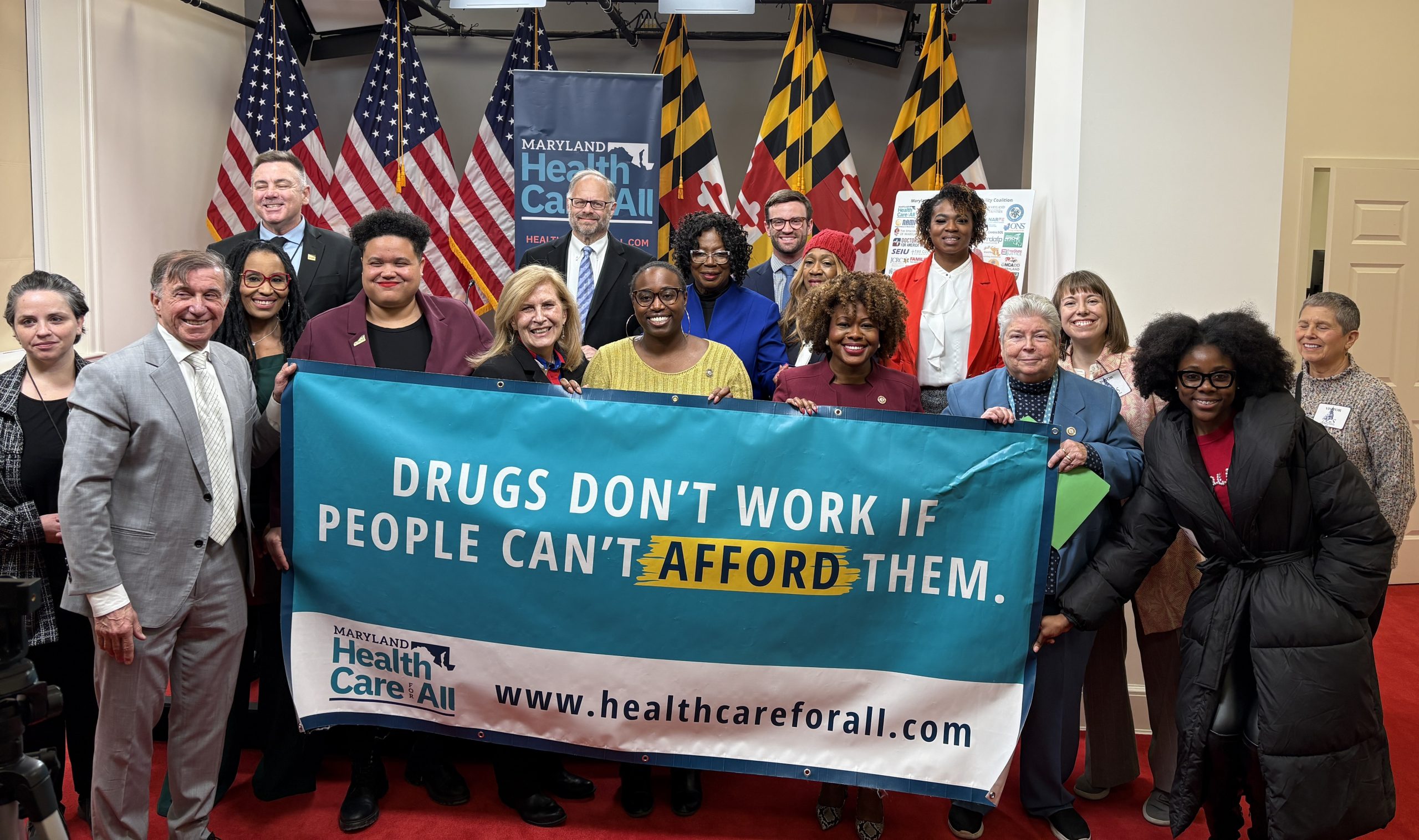February 11, 2019
Supporters of those taxes told a Senate subcommittee that while more could be done and while higher taxes would likely increase those benefits, they are not asking for additional tax increases.
“Our plate is full,” said Vincent DeMarco, president of Maryland Citizens’ Health Initiative.
DeMarco, who has championed increases in both taxes in the last 12 years, said his organization is focused on issues related to health care coverage and prescription drugs. The briefing Monday before the Senate Budget and Taxation Subcommittee on Health was intended to tout the impact of the alcohol and tobacco taxes.
“After a law is enacted very few ever come back and let the legislature know how it worked,” said DeMarco. “We wanted to let them know these increases were effective.”
The last increase in the state tobacco tax came in 2007, when it was doubled to $2 per pack. Similarly, the General Assembly, in a contentious vote, increased the state’s tax on alcohol from 6 percent to 9 percent.
Since then, DeMarco and other advocates have not attempted to raise the tax on alcohol. Additional increases on on the tax on tobacco were unsuccessfully proposed in 2015 and 2016 in the first two years of Republican Gov. Larry Hogan’s term. Hogan ran on a staunch anti-tax platform in 2014 — the same year Republicans in the General Assembly swelled their membership.
Hogan remains anti-tax following his 2018 re-election. Republican lawmakers, though, lost seats, and the legislature is considered to be more progressive than before.
Still, DeMarco said he has no plans to ask for an increase, though he said he certainly would support one.
“It was very effective,” said DeMarco. “It’s still effective. It could be more effective.”
Shannon Frattaroli, a public health researcher and professor at the Johns Hopkins Bloomberg School of Public Health and c0-author of a 2018 report on the taxes for the Abell Foundation, said the tax increases have been very successful in driving down teen smoking, drinking and binge drinking.
“These kinds of taxes do make a difference and they are particularly impactful for youth,” Frattaroli told lawmakers. “We know that youth are price sensitive,” she said.
Money from the taxes went to help provide about 100,000 low-income residents with health care.
“If there comes a time when the General Assembly is looking for additional revenue, alcohol and tobacco taxes would be a great way,” said DeMarco.
But as the taxes go up and the usage goes down, lawmakers have to phase the costs of those programs into the budget that would be initially funded with alcohol and tobacco tax increases.
“The declines are very predictable,” said DeMarco. “You have to be smart and strategic in taking that into account.”



